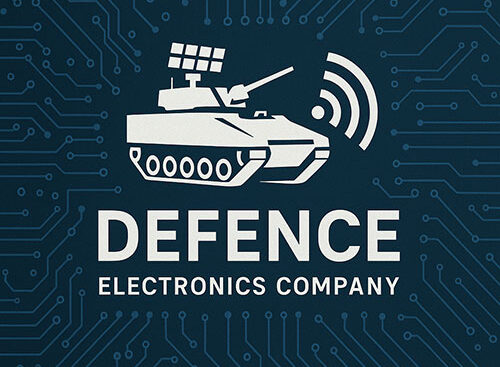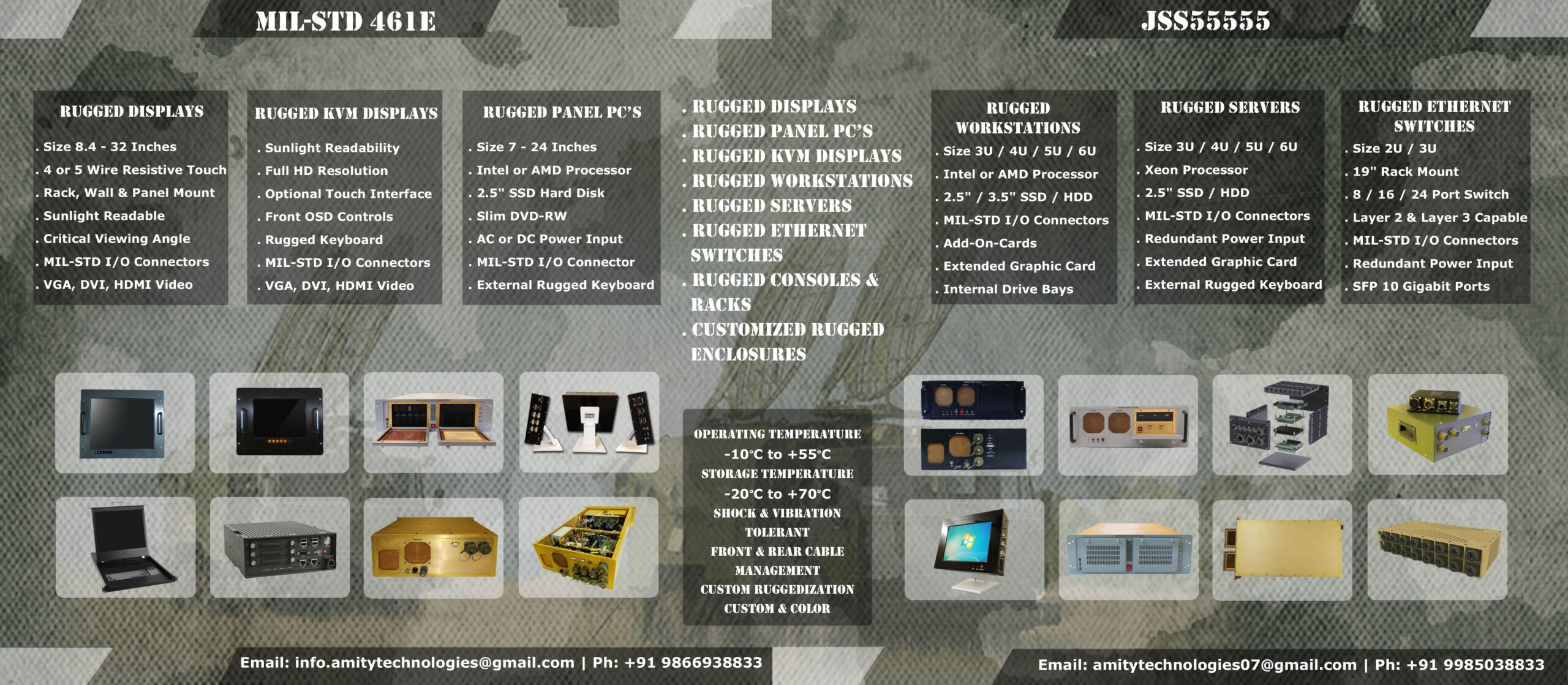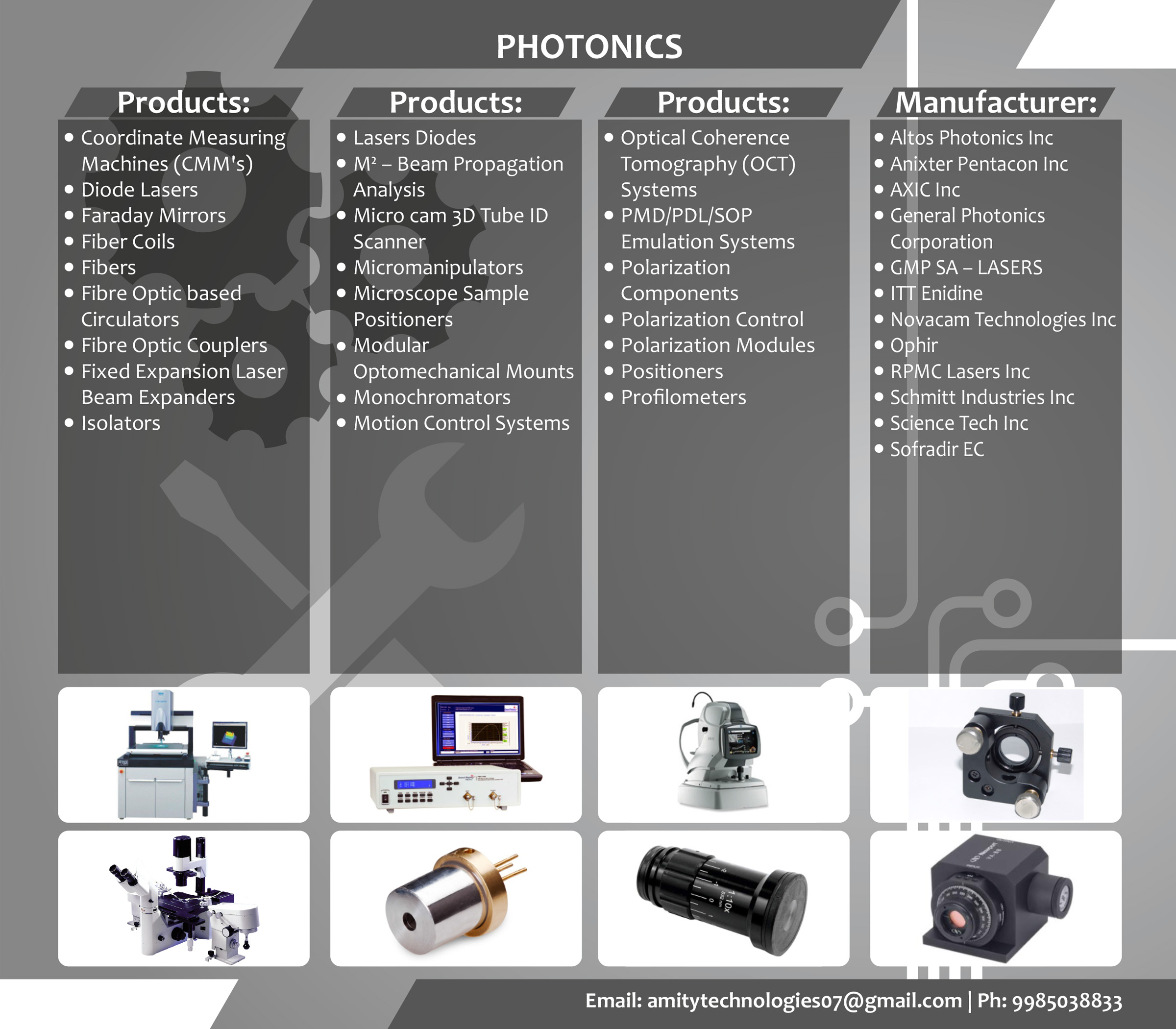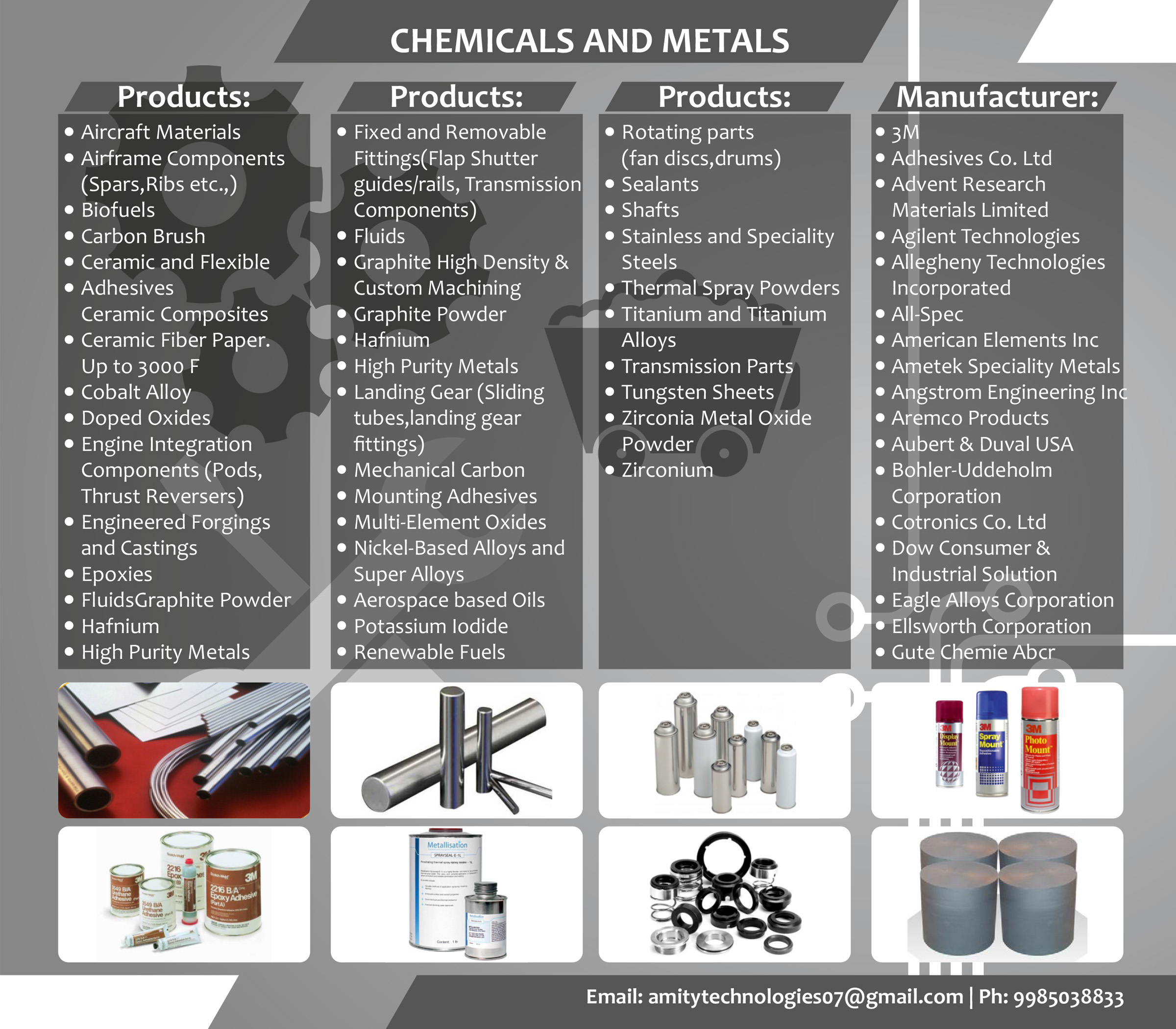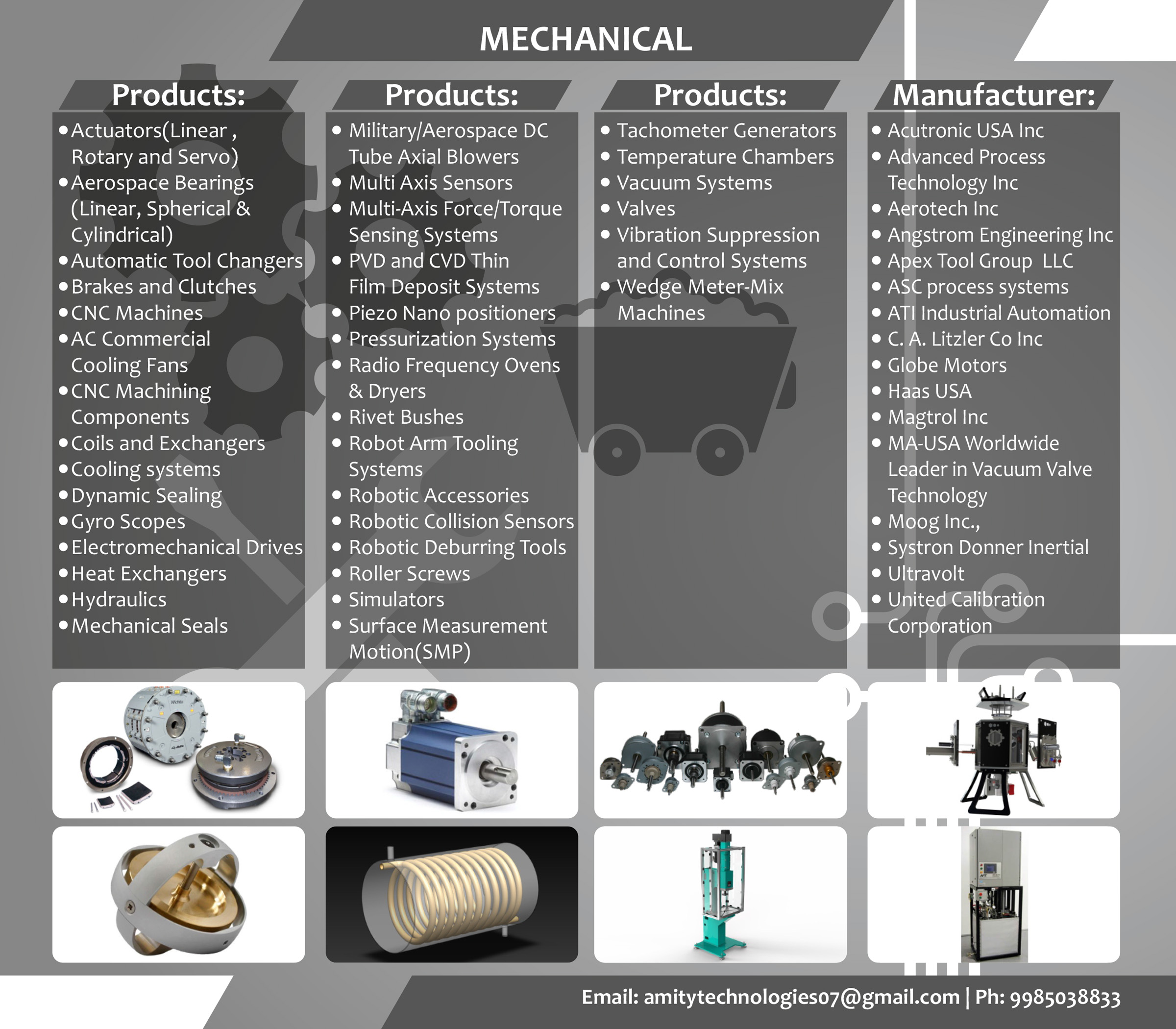In our increasingly complex world, national security relies not just on boots on the ground, but also on the sophisticated technology that underpins modern warfare and defence. At the heart of this technological edge are Defence Electronics Companies. But what exactly do they do, and why are they so crucial?
Simply put, a Defence Electronics Company designs, develops, manufactures, and maintains a vast array of electronic systems and components specifically for military and defence applications. Think of them as the silent, unseen architects behind the advanced capabilities that protect nations.
A Broad Spectrum of Innovation
The scope of a defence electronics company’s work is incredibly diverse, spanning everything from the smallest microchip to sprawling radar installations. Here’s a glimpse into the key areas they typically operate in:
- Radar and Sensor Systems: These are the “eyes and ears” of defence. Companies develop advanced radar for air traffic control, missile defence, surveillance, and target acquisition. This also includes sophisticated electro-optical and infrared (EO/IR) sensors for night vision, targeting, and reconnaissance.
- Communication Systems: Secure and reliable communication is paramount in military operations. Defence electronics companies create encrypted radio systems, satellite communication terminals, data links, and network solutions that allow forces to communicate effectively and securely across vast distances.
- Electronic Warfare (EW) Systems: This is a fascinating and crucial domain. EW systems are designed to detect, intercept, jam, and deceive enemy electronic systems, giving friendly forces a significant tactical advantage. This includes radar jamming, missile countermeasures, and signals intelligence (SIGINT) gathering.
- Navigation and Guidance Systems: Precision is key in modern warfare. These companies develop highly accurate GPS systems, inertial navigation units (INUs), and guidance systems for missiles, drones, and other platforms, ensuring they reach their targets with pinpoint accuracy.
- Avionics: This refers to the electronic systems used in aircraft. Defence electronics companies develop flight control systems, cockpit displays, mission computers, and integrated avionics suites for fighter jets, transport aircraft, and helicopters.
- C4ISR Systems: This acronym stands for Command, Control, Communications, Computers, Intelligence, Surveillance, and Reconnaissance. These are integrated systems that provide commanders with a comprehensive picture of the battlefield, enabling informed decision-making.
- Weapon Systems Electronics: While they may not build the entire weapon, these companies provide the critical electronic brains for guided missiles, smart bombs, and other precision munitions. This includes seekers, fuzes, and control electronics.
- Cybersecurity Solutions: As warfare increasingly moves into the digital realm, defence electronics companies are also at the forefront of developing robust cybersecurity solutions to protect critical military networks and data from cyber threats.
Why Are They So Important?
The role of defence electronics companies is undeniably critical for several reasons:
- National Security: They provide the technological backbone that enables armed forces to defend borders, deter aggression, and respond effectively to threats.
- Technological Superiority: In an era of rapid technological advancement, these companies ensure that a nation’s military maintains a decisive edge over potential adversaries.
- Force Multipliers: Advanced electronics can significantly enhance the capabilities of existing platforms and personnel, making them more effective and efficient.
- Economic Impact: The defence electronics industry often involves high-tech research and development, creating highly skilled jobs and contributing significantly to a nation’s economy.
- Innovation Drivers: The stringent demands of military applications often push the boundaries of technological innovation, leading to breakthroughs that can sometimes have civilian applications as well.
A Look Ahead
The future of defence electronics is exciting and constantly evolving. We can expect to see continued advancements in areas like artificial intelligence, machine learning, quantum computing, directed energy weapons, and advanced stealth technologies. Defence electronics companies will be at the forefront of these innovations, shaping the future of national security.
In essence, Defence Electronics Companies are the unsung heroes working behind the scenes, developing the critical technologies that safeguard our nations and ensure peace and stability in an ever-changing world. Their work is a testament to human ingenuity and a vital component of modern defence strategies.

